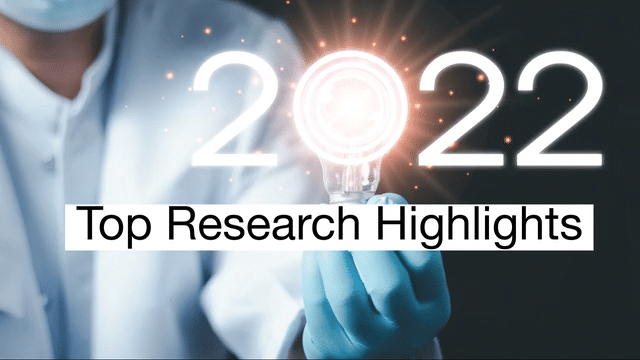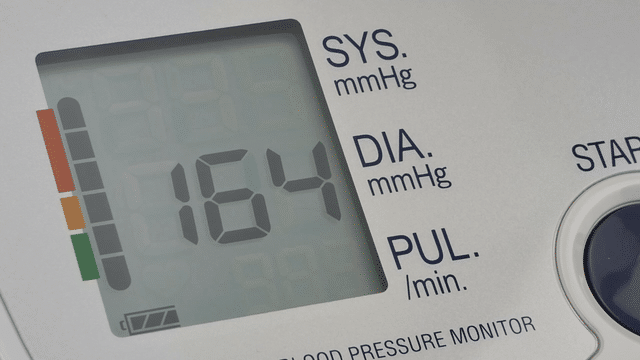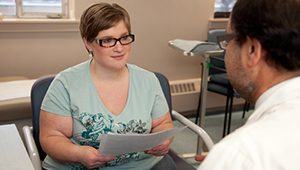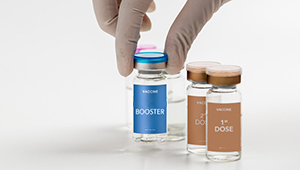A commitment to improving health and health care for all
In 2022, Kaiser Permanente Washington Health Research Institute (KPWHRI) continued to lead important research and collaborations to improve health and health care. Highlights this year included important findings to improve suicide prevention — part of one of the first projects funded by the Kaiser Permanente Task Force for Firearm Injury Prevention. We also had several research-to-practice stories to highlight this year, including the launch of a home screening program for colorectal cancer and a pilot for home blood pressure monitoring. And the institute received a major grant of $10 million to continue vaccine effectiveness research for the flu, COVID-19, and other respiratory diseases.
These milestones, and all of the institute’s work this year, would not be possible without our team of 355 dedicated and talented employees (91 scientists and 264 staff).
Research highlights
This year, KPWHRI scientists shared groundbreaking research findings on disparities in COVID-19 infection risk, vaccine safety, patient-centered mental health care, and more. Institute researchers also led or contributed to 293 articles in peer-reviewed journals. Here are some of our research highlights in 2022:
 Improving cancer screening
Improving cancer screening
In 2022, work from our researchers helped lead to implementation of a new centralized program to make colon cancer screening easier for patients. Our researchers also published studies looking at overdiagnosis in breast cancer screening and shared a new method for predicting advanced-stage breast cancer. And they co-led work finding that possible harms are not reported consistently in cancer screening guidelines.
Focus on health equity
With data from more than 1 million people, our researchers led a study indicating that higher risks of COVID-19 infection drove racial and ethnic disparities in disease outcomes. Researchers and affiliates also contributed to a study finding that delays in breast biopsies after an abnormal mammogram were more likely for Black and Asian women, compared to white women.
Better care for cardiovascular health
The BP-CHECK study found that blood pressure measurements taken at home were a better option for accurate diagnosis of hypertension than measurements taken in the clinic. The findings are the basis of a new pilot program with Kaiser Permanente Washington to improve diagnosis and treatment for people with hypertension and to empower patients to be partners in their own care.
Patient-centered mental health care
Two important new studies focused on centering patient voices and experiences in mental health treatment. Our researchers published new findings that shed light on how to open space for dialogue with patients about access to firearms and opportunities to better identify patients at risk of suicide. And researchers with the Center for Accelerating Care Transformation (ACT Center) talked to teens and their families about what they want and need from health systems and care teams.
Translating research to care delivery
The Center for Community Health and Evaluation (CCHE)’s evaluation of the Virtual Care Innovation Network helped to identify best practices and challenges for delivering virtual care to vulnerable populations and providing equitable access to telehealth. And the advanced analytics team at the ACT Center partnered with Kaiser Permanente Washington to predict and prevent missed clinic visits, developing an intervention that has now been scaled to more than a dozen service lines.
Understanding weight gain and obesity
This year, the PCORnet Bariatric Study came to a close, providing real-world evidence for informed decision-making about weight-loss surgery. And the Moving to Health project looked at weight gain after residential moves, finding that people who move from neighborhoods with low residential density to high-density areas may gain less weight than those making the opposite transition.
Better screening for dementia risk
Researchers tested a new tool to help screen for dementia risk, finding that it performed well in different patient populations. Around 50% of people living with dementia are undiagnosed, and the tool could help clinicians decide which patients might benefit from additional screening.
Tracking vaccine safety
Our researchers contributed to studies evaluating COVID-19 boosters, confirming the safety of mix-and-match boosters, and providing new data to support the safety of COVID-19 vaccines for people who are pregnant. They also led a study confirming the safety of the recombinant zoster vaccine Shingrix, recommended by the CDC (Centers for Disease Control) for preventing shingles and its complications.
 Video: Top research highlights in 2022
Video: Top research highlights in 2022
Our year-end video highlights our researchers' work throughout 2022 to improve health and health care.
Media highlights
Projects led by researchers at KPWHRI caught the attention of many different media outlets in 2022, reaching audiences across the country. Expertise from our team was highlighted in more than 50 news articles throughout the year. Here are some of the stories that made headlines:
2022 research findings in the media — highlights
Our finances
In 2022, KPWHRI expanded its operating budget to $69.4 million. Federal grant and contract revenue totaled $57.1 million and other sponsored revenue was $7.7 million. Our number of active grants stood at 341.




Learn more about our research areas, capabilities, and latest news.
Download a PDF of the 2022 annual report.
Contact:
Caroline Liou
Communications Director
Caroline.X.Liou@kp.org
1730 Minor Ave., Suite 1600
Seattle, WA 98101
kpwashingtonresearch.org










